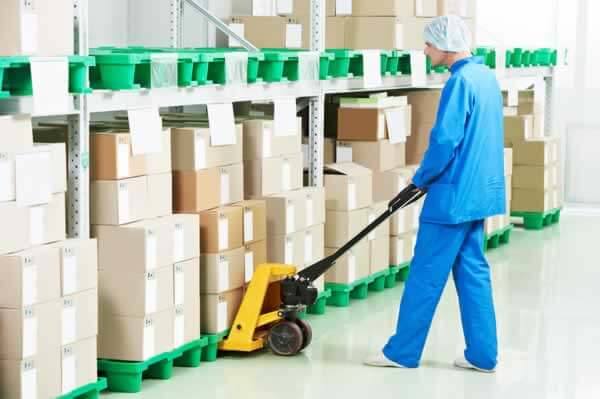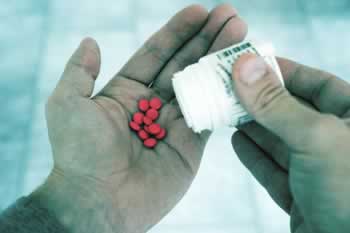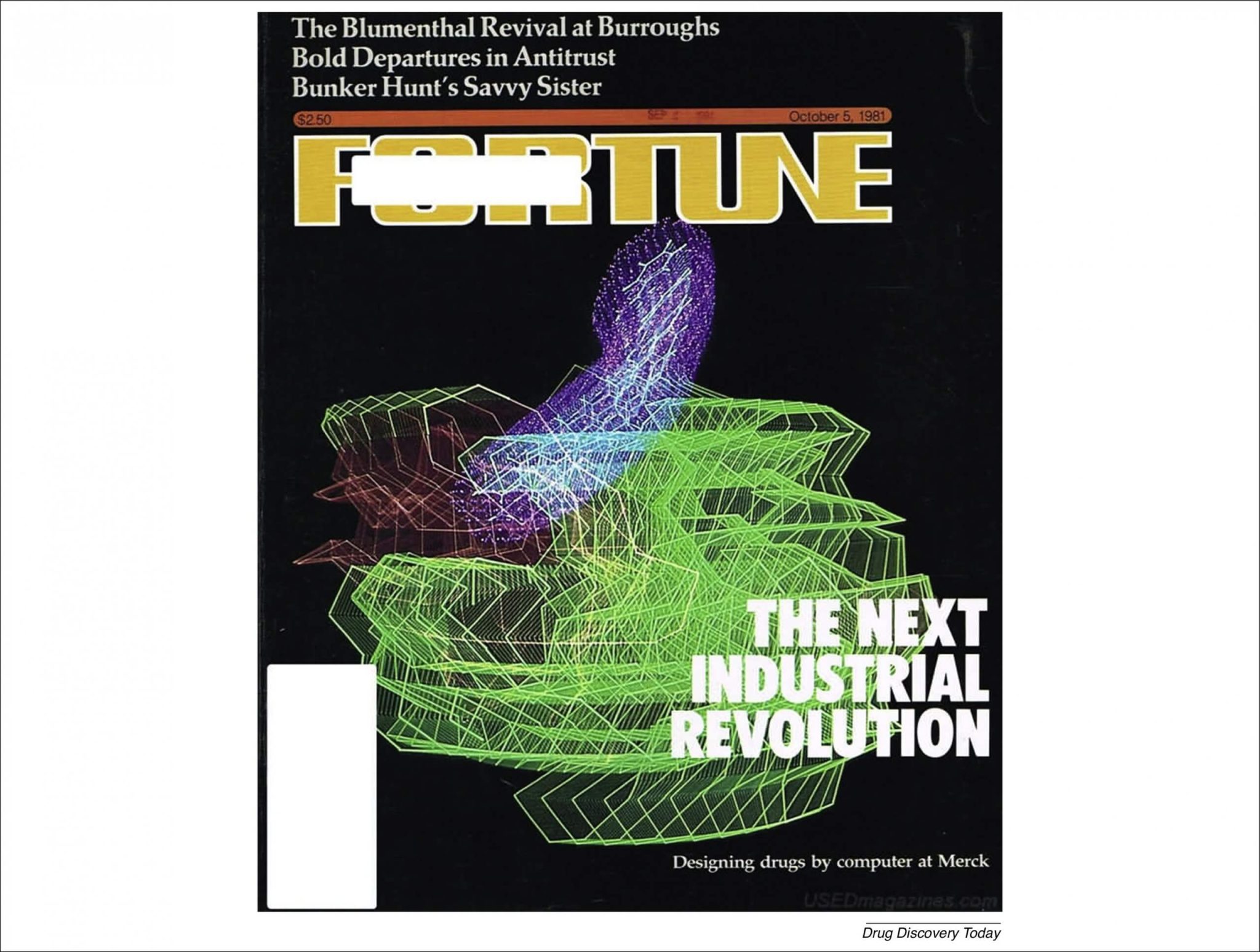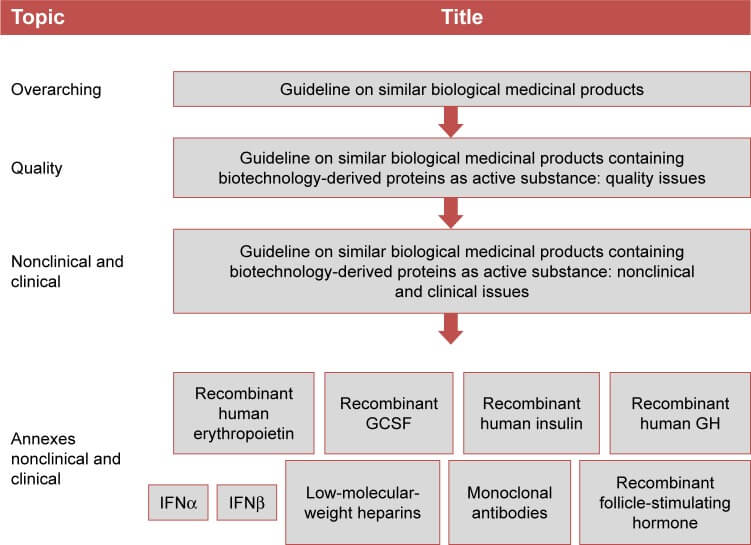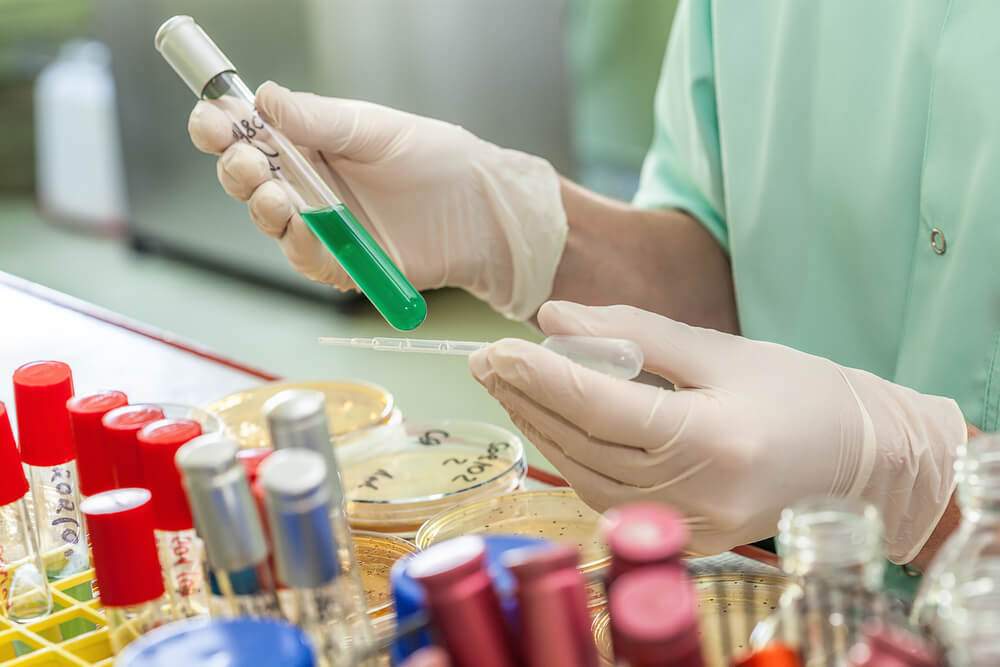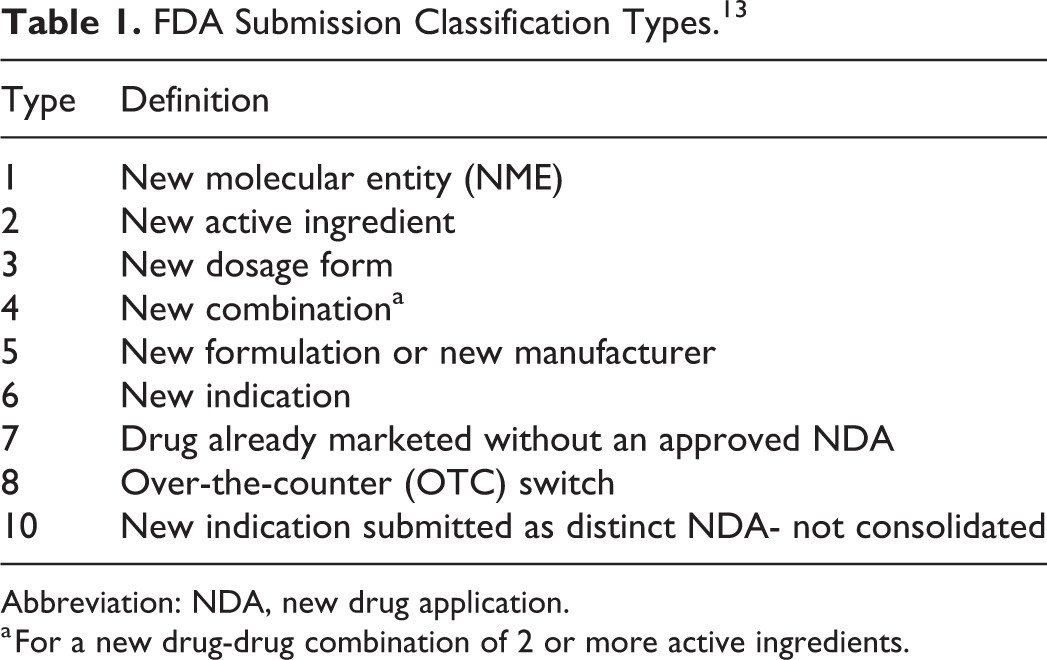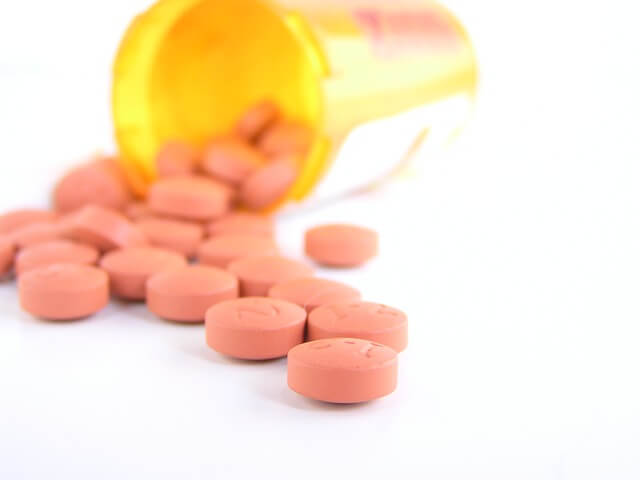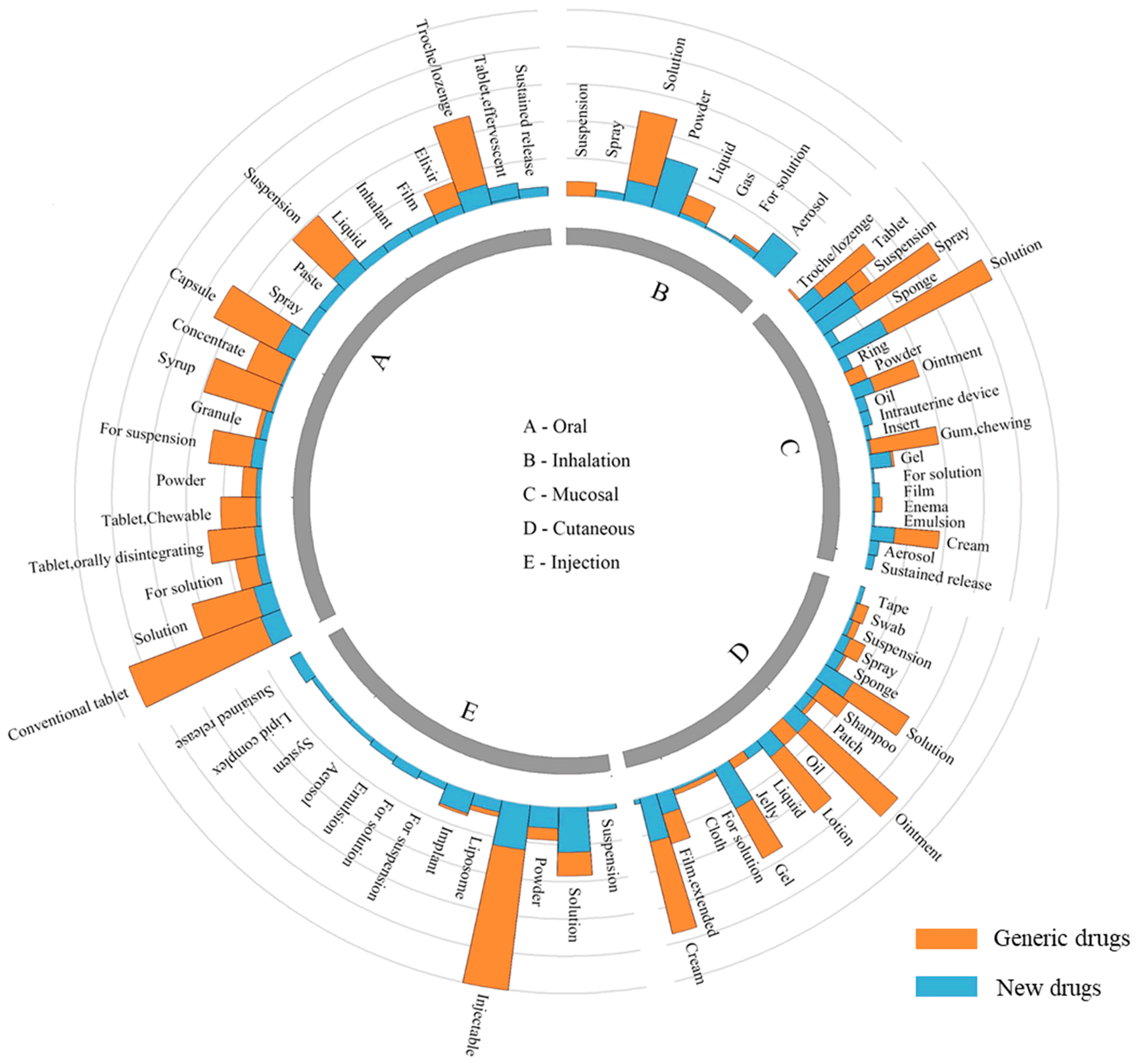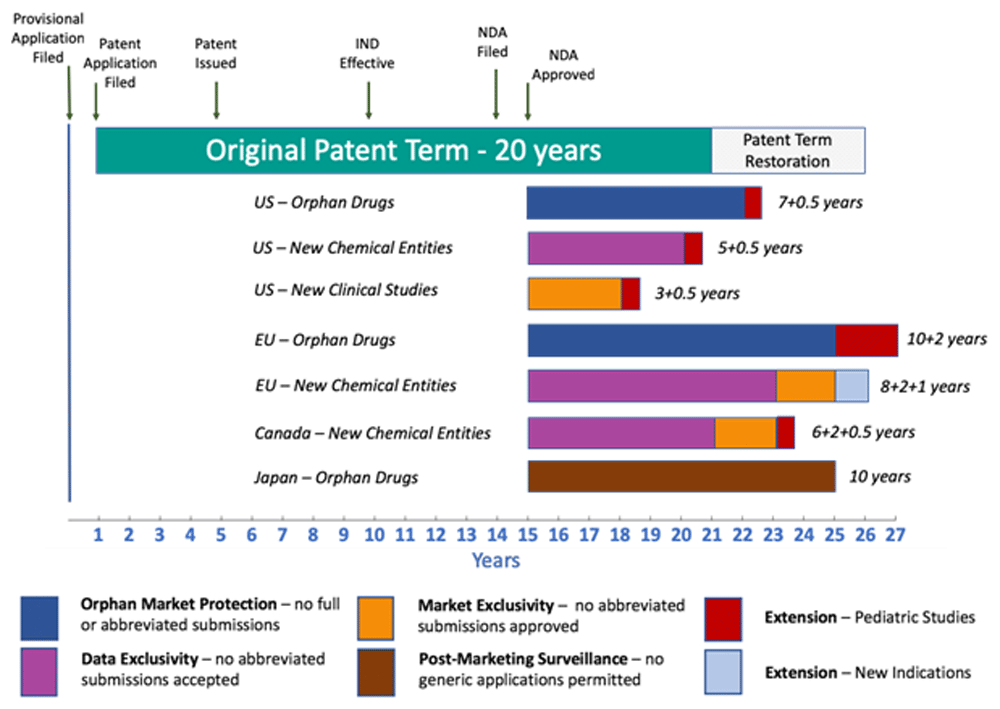Introduction
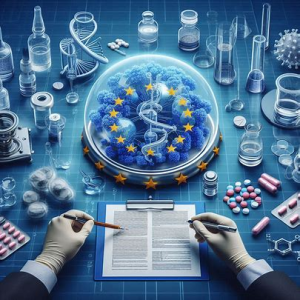
The European Union (EU) has implemented a robust regulatory framework to ensure the quality and safety of active pharmaceutical ingredients (APIs) used in medicines. The EU’s Good Manufacturing Practice (GMP) guidelines provide the minimum standards for API manufacturing, and compliance with these guidelines is mandatory for all manufacturers and importers of APIs intended for the EU market.
Legal Framework and Guidance
The legal framework for API manufacturing in the EU is based on several key regulations and directives. These include Regulation No. 1252/2014, which applies to active substances for human use; Directive 2001/83/EC and Directive (EU) 2017/1572, which apply to medicines for human use; and Directive 91/412/EEC and Regulation (EU) 2019/6, which apply to medicines for veterinary use. The EU GMP guidelines provide detailed interpretation of these principles and guidelines, supplemented by a series of annexes that modify or augment the guidelines for certain types of products or provide more specific guidance on particular topics.
Manufacturing Authorisation
Manufacturers and importers located in the European Economic Area (EEA) must hold an authorisation issued by the national competent authority of the Member State where they carry out these activities. To obtain a manufacturing or import authorisation, they must comply with EU GMP guidelines. Importers are responsible for ensuring that the third-country manufacturer they are importing from complies with GMP, and marketing authorisation applicants must ensure that the proposed manufacturing sites included in the marketing authorisation application comply with GMP.
Registration of Manufacturers of Active Substances
Manufacturers of active substances intended for the manufacture of human medicines for the EU market must register with the national competent authority of the Member State where they are located. Active substance manufacturers must comply with GMP, and the manufacturer of the finished product must ensure that the active substances they use have been manufactured in compliance with GMP. Importers of active substances intended for the EU market are also required to register, and each consignment must be accompanied by a confirmation by the competent authority of the country where it is produced that it conforms to GMP standards equivalent to those in the EU, unless a waiver applies.
Responsibility for Inspections
In the EU, national competent authorities are responsible for inspecting manufacturing sites located within their own territories. Manufacturing sites outside the EU are inspected by the national competent authority of the Member State where the EU importer is located, unless a mutual recognition agreement (MRA) is in place between the EU and the country concerned. If an MRA applies, the authorities mutually rely on each other’s inspections. If products are imported directly into more than one Member State from a manufacturing site outside the EU, there may be more than one national competent authority responsible for inspecting it. The European Medicines Agency (EMA) facilitates cooperation between the authorities concerned in supervising the site.
EudraGMDP Database
The EudraGMDP database is a publicly accessible EU database that contains manufacturing and import authorisations, registration of active substance manufacturers, GMP certificates, and non-compliance statements. After inspecting a manufacturing site, EU competent authorities issue a GMP certificate or a non-compliance statement, which is entered in the EudraGMDP database.
GMP/GDP Inspectors Working Group
The GMP/GDP Inspectors Working Group is a forum for harmonisation and discussion of common issues, such as updates or amendments to the EU GMP guidelines, the compilation of Union procedures, and harmonised interpretation of GMP and related requirements. The group provides additional interpretation of the EU GMP guidelines in the form of questions and answers (Q&As).
Regulatory Considerations for Solution Oligonucleotide APIs
Solution oligonucleotide APIs are generally accepted for biologics products, but the existing regulatory framework is more restrictive for oligonucleotides. Formulated API approaches can be justified in compliance with existing guidelines only when improved stability can be demonstrated. The authors propose that additional justifications should be permissible, such as to enable greener and more innovative manufacturing. This paper provides recommendations for development, relevant standards, as well as justification and information to be provided in regulatory documentation to support the use of formulated oligonucleotide APIs.
Outlook
The EPOC group welcomes interaction and discussion with regulators to promote the use of the formulated API approach in oligonucleotide drug manufacture. Further, the authors recommend that relevant guidance documents be modernized so that they better reflect the specific needs of therapeutic oligonucleotide manufacture, as outlined in this paper.
Conclusion
In conclusion, regulatory considerations for API manufacturing in the EU are crucial to ensure the quality and safety of APIs used in medicines. Compliance with EU GMP guidelines is mandatory for all manufacturers and importers of APIs intended for the EU market. The EU’s legal framework and guidance provide detailed interpretation of these principles and guidelines, supplemented by a series of annexes that modify or augment the guidelines for certain types of products or provide more specific guidance on particular topics. The EudraGMDP database and the GMP/GDP Inspectors Working Group provide additional tools for ensuring compliance and supply chain resilience.
Compliance with EU GMP guidelines is mandatory for all manufacturers and importers of APIs intended for the EU market. The EU’s legal framework and guidance provide detailed interpretation of these principles and guidelines, supplemented by a series of annexes that modify or augment the guidelines for certain types of products or provide more specific guidance on particular topics. — European Medicines Agency
References
- European Medicines Agency. Good manufacturing practice. Retrieved from https://www.ema.europa.eu/en/human-regulatory-overview/research-development/compliance-research-development/good-manufacturing-practice
- Muslehiddinoglu et al. Solution Oligonucleotide APIs: Regulatory Considerations. Retrieved from https://link.springer.com/article/10.1007/s43441-022-00384-2
- European Parliament. Potential measures to facilitate the production of active pharmaceutical ingredients. Retrieved from https://www.europarl.europa.eu/RegData/etudes/STUD/2023/740070/IPOL_STU%282023%29740070_EN.pdf
- Hovione. Enforcing GMP compliance for APIs in EU medicines. Retrieved from https://www.hovione.com/sites/default/files/assets/files/2007.06.01-pharmaceutical-technology-enforcing-gmp-compliance-for-apis-in-eu-medicines.pdf
- Pharmaceutical Technology. ‘Right shoring’ API production in Europe. Retrieved from https://www.pharmaceutical-technology.com/features/right-shoring-api-production-in-europe-2/



